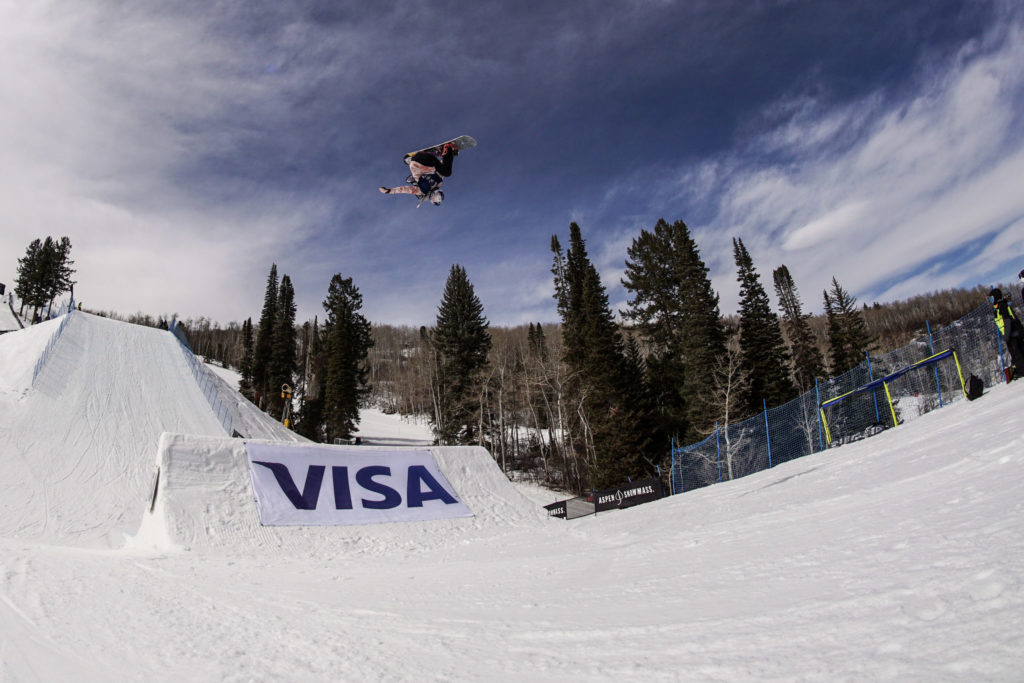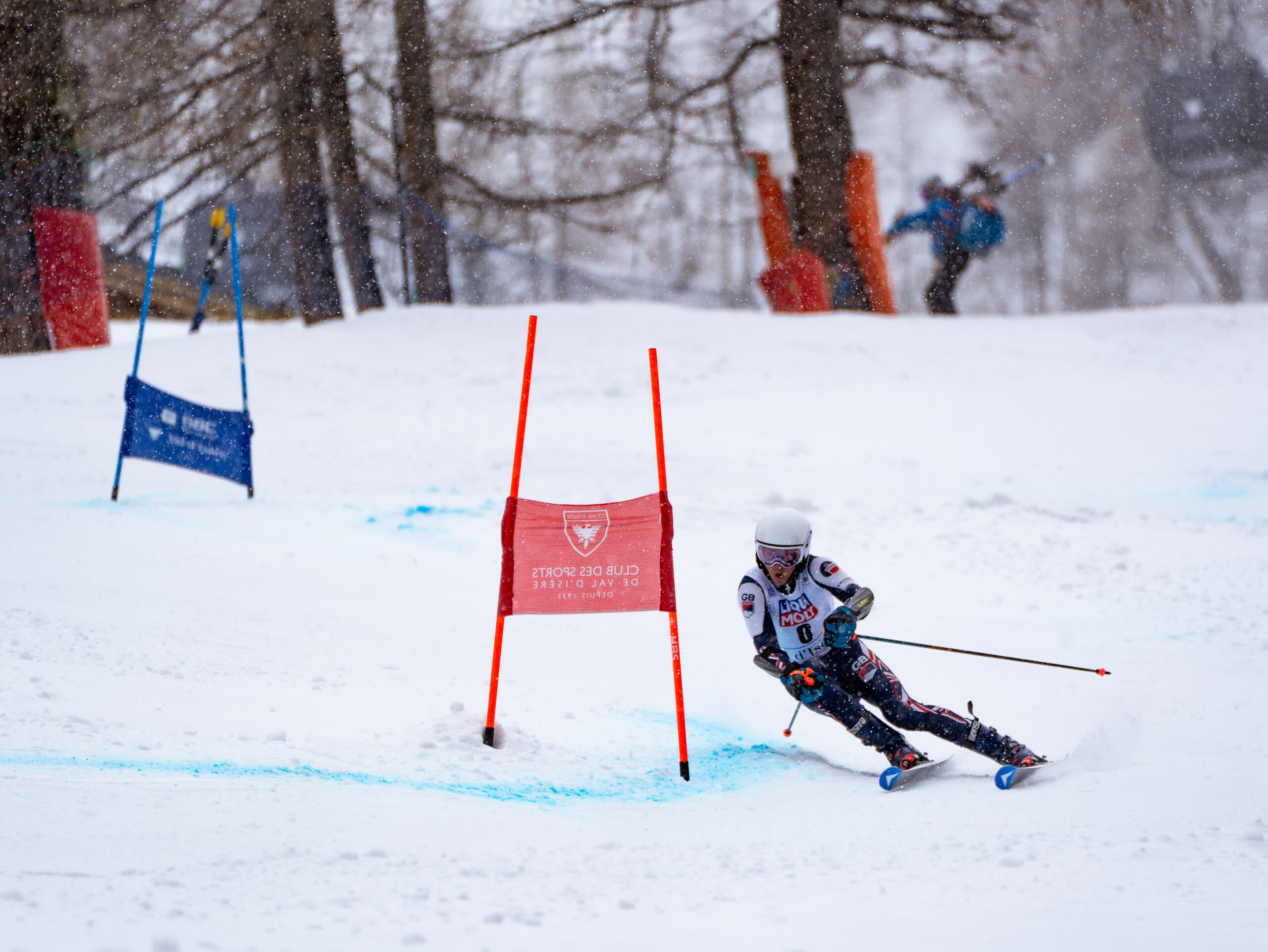
to mark uk coaching week, GB snowsport’s lesley mckenna explores new coaching philosophies
If it was ever the case before, it certainly isn’t now. The cat’s out of the bag: great coaching is the secret ingredient behind sustainable sporting success.
Okay, there’s nothing particularly ground-breaking there, but it’s a message that bears repeating. Particularly now, when there’s so much exciting, innovative thinking taking place around Britain’s high-performance sports environments. And even more so because it’s UK Coaching Week this week.
I’ve always been interested in the philosophies and the wider impacts of coaching in sport.
Some of that was fuelled by my own experiences as an athlete on the Olympic programme, but I think more of it probably comes from competing in (and now helping to deliver) a sport that sits at the sometimes-challenging intersection of ‘Olympic competitive’, ‘high-level, non-competitive’ and ‘cultural’. After all, how can you be a great coach (or a great ‘competitor’) if you aren’t at least conscious of some of the tensions and challenges at play?
For me, those questions occupy a lot of my thoughts on coaching in our sport. I’m fortunate to have been selected by UK Sport to be part of a cohort of professionals working across different sports in the UK focused on ‘World Class Coach Development’. The opportunity to ensure that GB Snowsport can be at the forefront of developing coaches who can create a competitive advantage for British athletes competing at the highest levels is truly exciting.
But that’s for the future. What about the here and now? I think there are a few key areas that are already helping to set our thinking on coaching apart, especially around some of our disciplines that have their roots outside of the competitive sporting landscape.
Firstly, a lot of the motivations that we can tap into through our coaching come from a place of intrinsic value. Understanding that we’re coaching the experience as well as the end result could seem counterintuitive, but ultimately the motivations for some athletes are going to be as much about the journey as the destination. Instead of denying that, we can elevate our game by making it a part of our focus.
Secondly, we can celebrate the communal aspect of our sports. It’s not a huge part of mainstream sporting narrative, but a lot of the time athletes really do enjoy seeing others succeed. We’re so used to a ‘winner takes all’ narrative that we can miss the fact that it can be genuinely empowering to see a teammate, and even a rival, achieve something exceptional. The truth is that’s a lot more common than the stories we often see sport tell, but great coaching can tap into that communal instinct and help unlock new levels of performance.
Thirdly, and maybe most importantly, we absolutely must take a holistic view. And that can mean exposing ourselves, in coaching and in performance, to some uncomfortable areas. It means fostering creativity and innovation in our practice, and giving value to different forms of progression. Of course, we have an end goal. We’re hiding from the reality of our sport and our funding if we try to pretend otherwise. But an end goal doesn’t have to mean an only goal. By accepting that all areas of progress and development – on and off the slopes – are contributing to the growth of a person, we can begin to see multifaceted growth within our athletes. And if that’s the end goal we’re seeking through coaching, than the whole process has meaningful value.
Of course, all of this is a journey.
We’re making real progress and I’m proud to be a part of the work that we’re doing in this space. During UK Coaching Week, it’s a good time to take stock of today, and dedicate some thought to tomorrow. About what great coaching looks like now, and what it might look like in years to come.
 Share
Share

